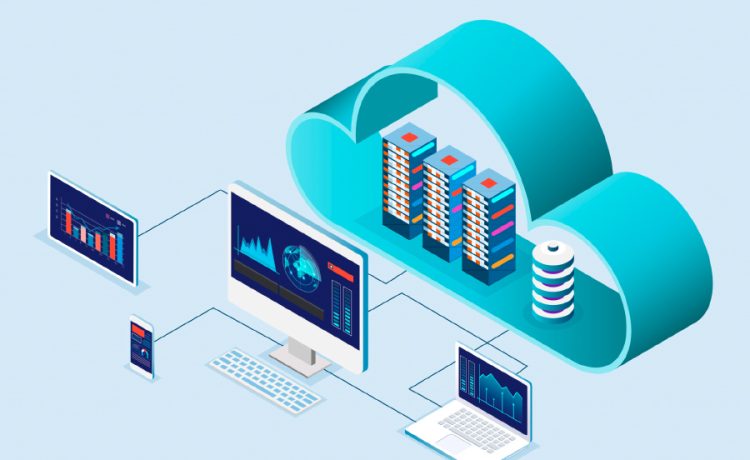In today’s fast-paced digital landscape, businesses need to be agile and responsive to stay ahead of the competition. One of the key drivers of this agility is the adoption of cloud computing technology. Gitops Cloud computing offers businesses the flexibility and scalability needed to respond to changing market demands and customer needs. However, managing cloud infrastructure and services can be a complex and challenging task. This is where cloud management comes in.
What is Cloud Management?
Cloud management refers to the set of processes and tools used to manage, monitor, and optimize cloud computing resources and services. It involves managing cloud infrastructure, applications, and data to ensure they are available, performant, and secure. Cloud management can be performed in-house or outsourced to a third-party provider.

Benefits of Cloud Management
Cloud management offers several benefits to businesses, including:
Cost Optimization:
Cloud management enterprise tools can help businesses optimize their cloud spending by identifying unused or underutilized resources and rightsizing them.
Improved Security:
Cloud management tools can help businesses monitor their cloud infrastructure for security threats and vulnerabilities, ensuring that data and applications are secure.
Increased Availability:
Cloud management tools can help businesses monitor and manage their cloud infrastructure, ensuring that applications and services are available and performant.
Greater Scalability:
Cloud management tools can help businesses scale their cloud infrastructure up or down to meet changing demands, ensuring that resources are available when needed.
Conclusion
Cloud management is essential to streamline business operations and stay competitive in today’s digital landscape. By following best practices and choosing the right cloud management solution, businesses can optimize their cloud infrastructure and services and achieve their business objectives.






